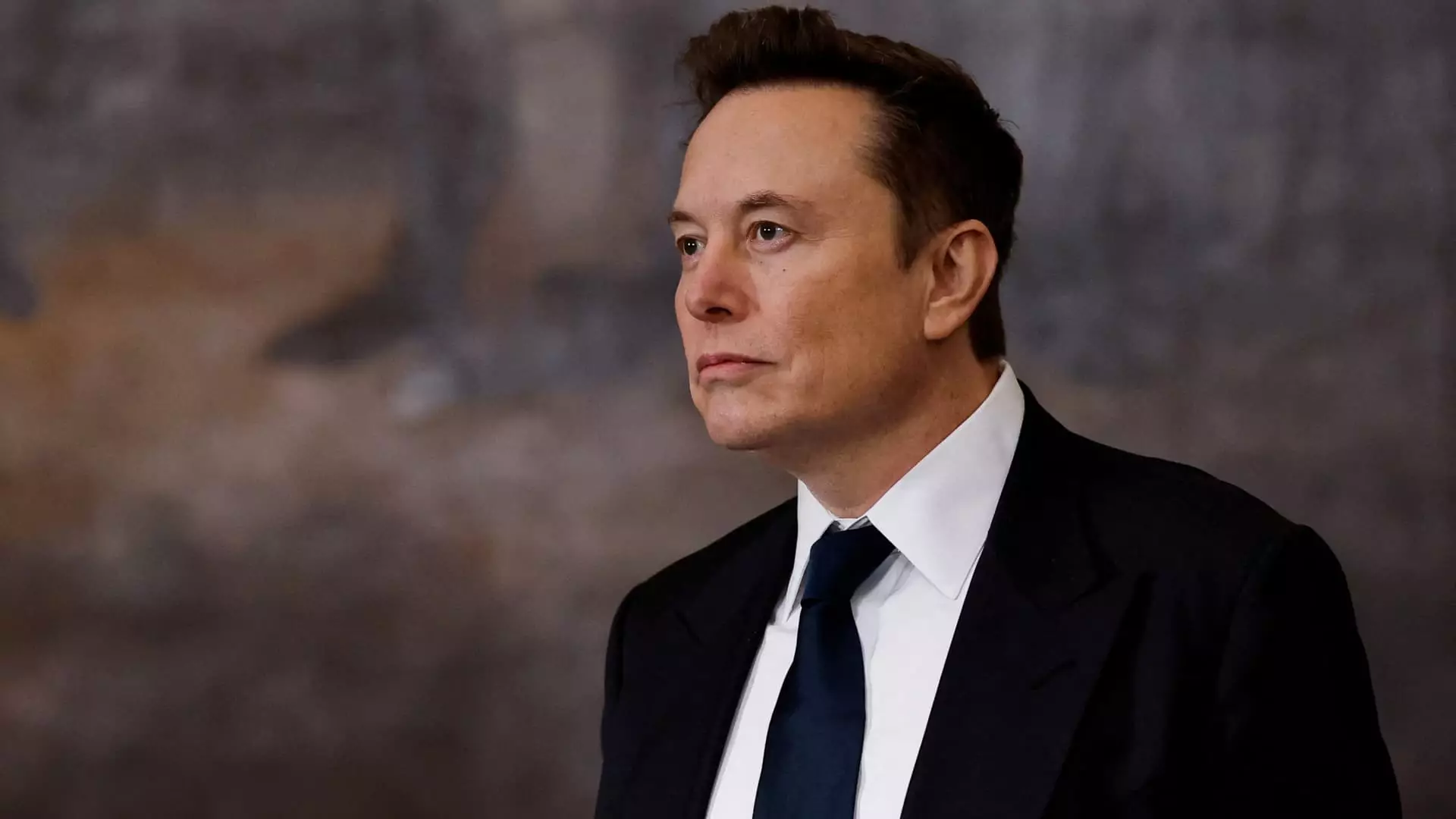The appointment of Elon Musk to a governmental role focused on efficiency has set the stage for a tumultuous clash between high-profile entrepreneurship and the time-honored realm of public service. As the owner of several influential companies including Tesla and SpaceX, Musk’s endeavor to lead the so-called Department of Government Efficiency (DOGE) feels unprecedented. His aim is to crack down on fraud and waste within the federal machinery, but his unimpeachable ambition has triggered anxiety among employee unions and governmental figures who view his aggressive push as a significant threat to employee rights and job security. A recent court ruling, whereby a federal judge allowed Musk’s department access to Department of Labor’s systems, adds fuel to the fire, igniting a broader debate about the role of private individuals in public governance.
U.S. District Judge John Bates has dealt a preliminary blow to opponents of Musk’s plans, denying a request from the American Federation of Labor and Congress of Industrial Organizations (AFL-CIO) to block access to government databases. While acknowledging concerns over potential misuse of information, Judge Bates ultimately determined that the union had not demonstrated substantial harm. This ruling comes as a stark reminder that the legal framework surrounding government efficiency initiatives is still very much in flux and raises critical questions about governance and the expectations surrounding it.
Union leaders, such as AFL-CIO President Liz Shuler, have expressed their dissatisfaction and labeled the ruling as a setback rather than a conclusive defeat. Shuler’s assertion that the union will continue to marshal more evidence in this ongoing battle underlines the urgency of protecting worker rights and safeguarding sensitive governmental information from unwarranted access by private sector magnates.
The implications of Musk gaining access to the Department of Labor’s systems could be vast and concerning. The AFL-CIO raises valid alarms about the potential for conflict of interest. Allowing Musk access to sensitive information, particularly related to his own businesses—Tesla and SpaceX—as well as competitors, stirs notions of impropriety and unfair advantages. The prospect of public sector data falling into private hands raises fundamental ethical questions about accountability and transparency within the realm of governmental operations.
With investigations from the Occupational Safety and Health Administration and economic data from the Bureau of Labor Statistics at stake, the potential for conflicts of interest looms large. The ramifications of eroding privacy protections for federal employees and the integrity of governmental operations could lead to a troubling precedent. Any alteration in the accessibility to these databases could alter the balance between fostering innovation and ensuring ethical governance.
The political landscape is beginning to shift as the repercussions of Musk’s ambitious reforms unfold. The concern among various stakeholders—federal employees, lawmakers, and advocacy groups—has spurred multiple lawsuits aimed at curtailing the apparent overreach of Musk’s DOGE initiative. Another union has essentially mounted its legal counteroffensive against the Treasury Department, contesting the transmission of sensitive payment data to Musk’s administration.
The emerging environment hints at a broader dissatisfaction with Musk’s proposed machinations within the federal structure. His plan to dismantle various agencies and terminate numerous federal positions has been met with skepticism, casting a shadow over not only the future of these positions but also the programs and services that many rely on. The controversy highlights a critical juncture in modern governance, where the expertise of the private sector intersects with public interest in a way that has yet to be fully resolved.
In this pivotal moment, it becomes fundamentally important to address the ethical frameworks that govern the intersection of private enterprise and public service. As Musk’s role evolves amid growing scrutiny, the necessity for comprehensive oversight becomes ever more pressing. Balancing the ideals of efficiency with the safeguarding of public trust will require astute policymaking and vigilant advocacy from unions and civil society alike. The outcome of this clash will unearth not just the future of Musk’s venture, but also set precedents shaping the relationship between the government, labor, and private sector leadership for years to come.
The stakes are high, and as the country watches, it is vital that we approach this discourse with an eye toward preserving not only effective governance but also the ethical standards that serve as the backbone of public service.

